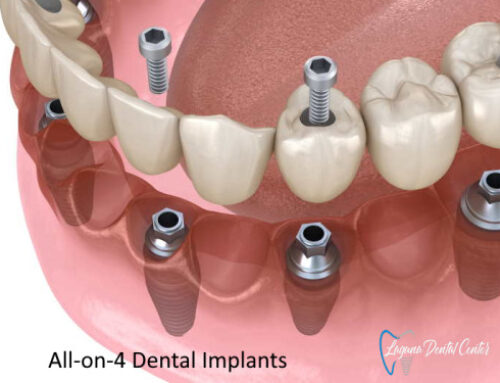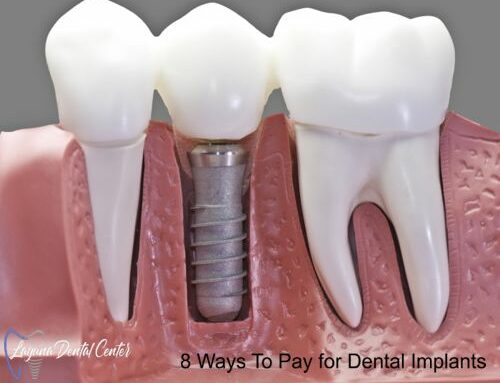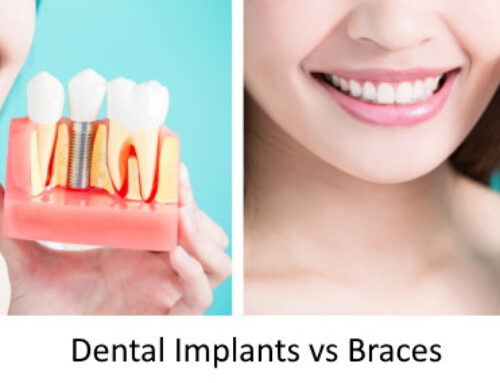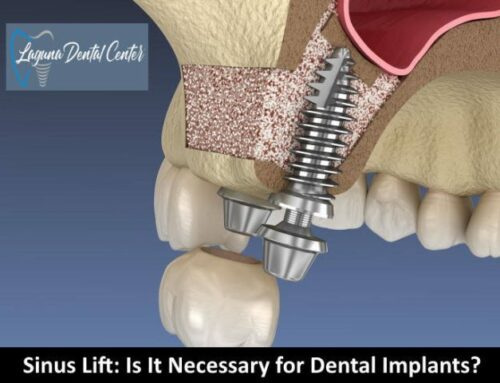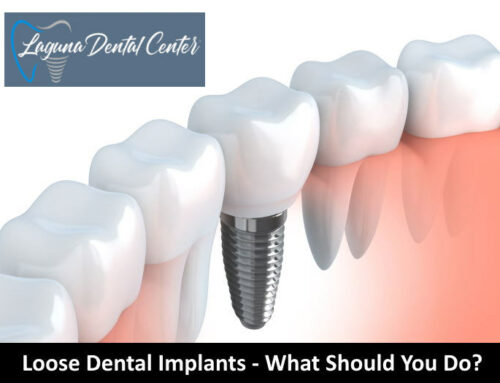Table of Contents
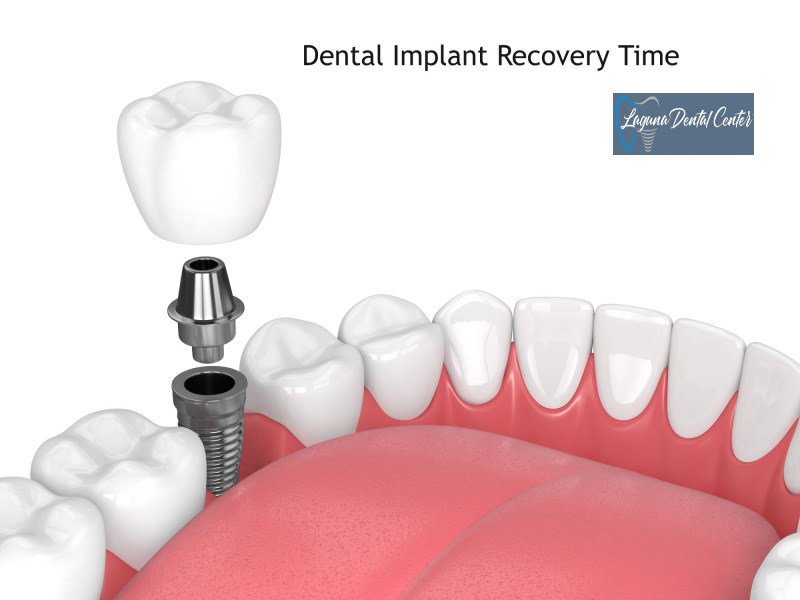
How long does the healing period last after receiving dental implants?
The period of recuperation depends on the patient’s health, whether a single tooth has to be replaced or a whole mouth of teeth is replaced utilizing an all-on-4 technique, and so on. For this tooth repair, a multi-step procedure is often performed. There may be more than one healing period required. You will have healthy, brand-new teeth after completing these procedures. Between therapy and recovery, the following phases take to happen.
- Is there any tooth bone loss in the patient? Bone grafting should be the first step in the procedure. There may be a four to six-month wait before the following phase may be completed. Grafting is only required when there is inadequate healthy bone where the implant will be placed.
- When extractions are required but grafting is not, a grace period for gum damage must be provided. Specialists may now do them concurrently with extractions, removing the need for a second healing period. Before the gum tissue is stitched, the dental implant is covered. The healing process may take up to a week, depending on the patient’s health.
- A second procedure is performed four to six months after the first. By then, the implant and implant metal will have connected. The gum surrounding the cap is sutured, but the cap remains visible. As it heals around the cap, gum tissue regrows and adheres to its shape.
- Once the gums have completely regenerated and osseointegration is complete, the healing cap may be removed and an abutment affixed, enabling the denture or prosthetic tooth to be implanted.
Osseo-integration – Osseo-integration is a treatment that provides implants with stability and support. This is the process by which bone cells grow onto the implant surface after it has been placed in the bone. As a consequence, the implant spontaneously establishes a firm bond, and the two are linked. It evolves gradually; the process may take two to six months to complete.
What Factors Influence Dental Implant Recovery Time?
Because recovery durations vary from person to person, it is impossible to predict how long this treatment will take. A few factors, however, may influence how soon the implants recover.
- How many teeth have you had extracted and implanted?(single, multiple or whole jaw)
- The capacity of your bones to sustain the implants is determined by their health.
- Duration of recovery when smoking is impacted.
- When a bone transplant is required for your operation
- Your overall oral health as well as the state of your bones
- How quickly your body recovers
You will experience little to no swelling or discomfort following the procedure, if you have a simple implant procedure without grafting. The discomfort should last for only last a few days, if there is swelling or pain, it should only last a few days. Your dentist will prescribe medication to alleviate discomfort. After 10 days, you should be ready to resume your normal diet. However, patients may be recommended to maintain a soft diet for a few weeks after surgery.
The implant procedure may take longer if you have a failing tooth that has to be extracted since the dentist will need to wait for the bone to heal before inserting an implant to replace the missing tooth.
On rare occasions, the implant may be placed on the same day as the tooth extraction. This is fantastic since it may improve the patient’s recovery process and allow them to get their teeth sooner. However, not everyone is eligible for quick implantation. See your dentist to find out whether you qualify for Same Day Implants.
How to care for your tooth implant after surgery?
- Use a special mouthwash to help eliminate oral bacteria.
- Any discomfort usually goes away during the first 24 to 48 hours.
- Consume soft foods and avoid strenuous exertion for the first several days.
- Brush carefully with a soft-bristled toothbrush to prevent damaging the sutures.
- Rinse your mouth with warm salt water several times each day.
- The healing process may be accelerated with the use of pain relievers and moist heat.
- After the gums have healed, you should treat them the same way you would your natural teeth. Use dental floss once a day and brush your teeth twice daily.
- Special brushes and floss may be used to clean the hard-to-reach regions of your dental implants.
- Schedule regular checkups and cleanings.
- Your dental implants may last the rest of your life if you take good care of them, practice good oral hygiene, and properly maintain them.
Please contact your dentist immediately or make an appointment if you experience any signs of failure in your treatment.

